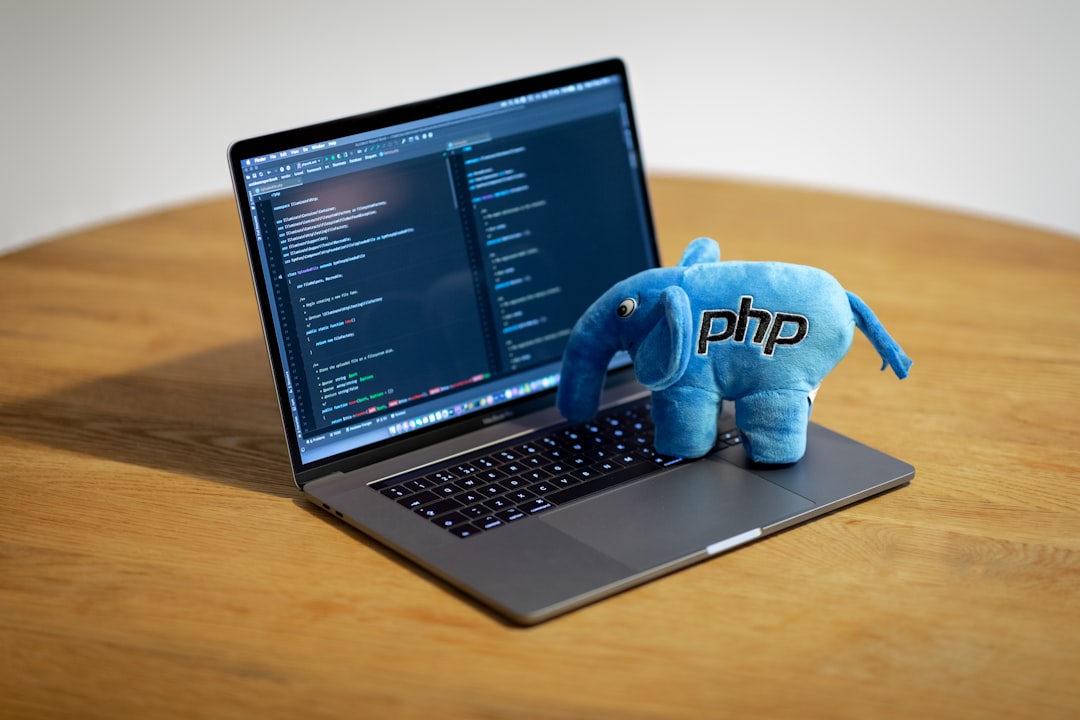
Mastering Coding Concepts with Python Programming Techniques
In the ever-evolving landscape of software development, mastering coding concepts through Python programming techniques is essential for developers, data scientists, and engineers alike. Python’s simplicity and versatility make it an ideal language for beginners and experts to hone their programming skills. This article delves into key techniques that can enhance your coding prowess while keeping you updated with current trends and practical applications.
Understanding the Fundamentals
Before diving into advanced techniques, it’s crucial to grasp the foundational concepts of Python. Understanding data types, control structures, functions, and object-oriented programming (OOP) forms the backbone of any proficient Python developer.
Key Python Concepts to Master
-
Data Types and Structures: Familiarize yourself with essential data types such as integers, strings, lists, tuples, and dictionaries. Each type serves a unique purpose and understanding their functionalities can significantly enhance your coding efficiency.
-
Control Structures: Learn how to use if statements, loops (for and while), and exception handling to create robust and error-resistant code. Mastering control structures allows you to manage the flow of your program effectively.
-
Functions and Modules: Functions encapsulate code for reusability, while modules help organize code into manageable sections. Understanding how to create and utilize functions and modules is vital for building scalable applications.
-
Object-Oriented Programming (OOP): Grasping OOP principles such as classes, objects, inheritance, and polymorphism can transform your approach to programming. This paradigm promotes code reusability and better organization.
Emerging Trends in Python Programming
As technology evolves, several trends are shaping the way Python is used in various fields. Here are a few noteworthy trends to keep an eye on:
1. Data Science and Machine Learning
Python has become the go-to language for data science and machine learning applications. Libraries like NumPy, pandas, and TensorFlow provide powerful tools for data analysis and model building. Understanding these libraries can enhance your ability to work with large datasets and develop predictive models.
2. Automation and Scripting
Python’s simplicity makes it ideal for automating repetitive tasks. Whether it’s web scraping, file manipulation, or system administration, mastering Python scripting techniques can save time and reduce human error.
For example, the following script automates file renaming in a directory:
import os
directory = 'path/to/directory'
for filename in os.listdir(directory):
if filename.endswith('.txt'):
new_name = filename.replace('.txt', '_renamed.txt')
os.rename(os.path.join(directory, filename), os.path.join(directory, new_name))3. Web Development
Frameworks like Django and Flask have revolutionized web development with Python. Understanding how to build and deploy web applications can significantly expand your skill set and career opportunities.
Practical Applications of Python Programming
Case Study: Automating DevOps Processes
In the realm of DevOps, Python has become a staple for automating deployment and monitoring processes. By mastering Python scripts, DevOps engineers can streamline workflows and enhance collaboration between development and operations teams.
For instance, using Python with tools like Jenkins can automate continuous integration and deployment pipelines, ensuring faster and more reliable software delivery.
Expert Opinions
According to Python Software Foundation, “Python is a powerful tool for both beginners and seasoned professionals. Emphasizing best practices in coding can lead to more efficient and maintainable codebases.” Following best practices, such as PEP 8 for code style and using version control systems like Git, is essential for any Python developer.
Further Reading and Resources
To continue your journey in mastering coding concepts with Python, consider exploring the following resources:
- Real Python – A comprehensive platform for Python tutorials and articles.
- Python Official Documentation – The official resource for Python programming.
- DataCamp – Offers interactive courses on data science and Python programming.
Conclusion
Mastering coding concepts with Python programming techniques is a journey filled with opportunities for growth and learning. As you explore its vast array of applications, remember to stay updated with emerging trends and best practices. By incorporating these techniques into your coding routine, you will be well on your way to becoming a proficient Python developer.
For those eager to deepen their understanding, consider subscribing to newsletters, joining coding communities, or sharing this article with peers. Your journey into Python mastery awaits!
Glossary of Terms
- Data Type: The classification of data which tells the compiler or interpreter how the programmer intends to use the data.
- Control Structures: Constructs that dictate the flow of control in a program, such as loops and conditional statements.
- Module: A file containing Python code that can define functions, classes, and variables.
By mastering these concepts and applying the techniques discussed, you will not only enhance your programming skills but also position yourself as a valuable asset in the tech industry.


